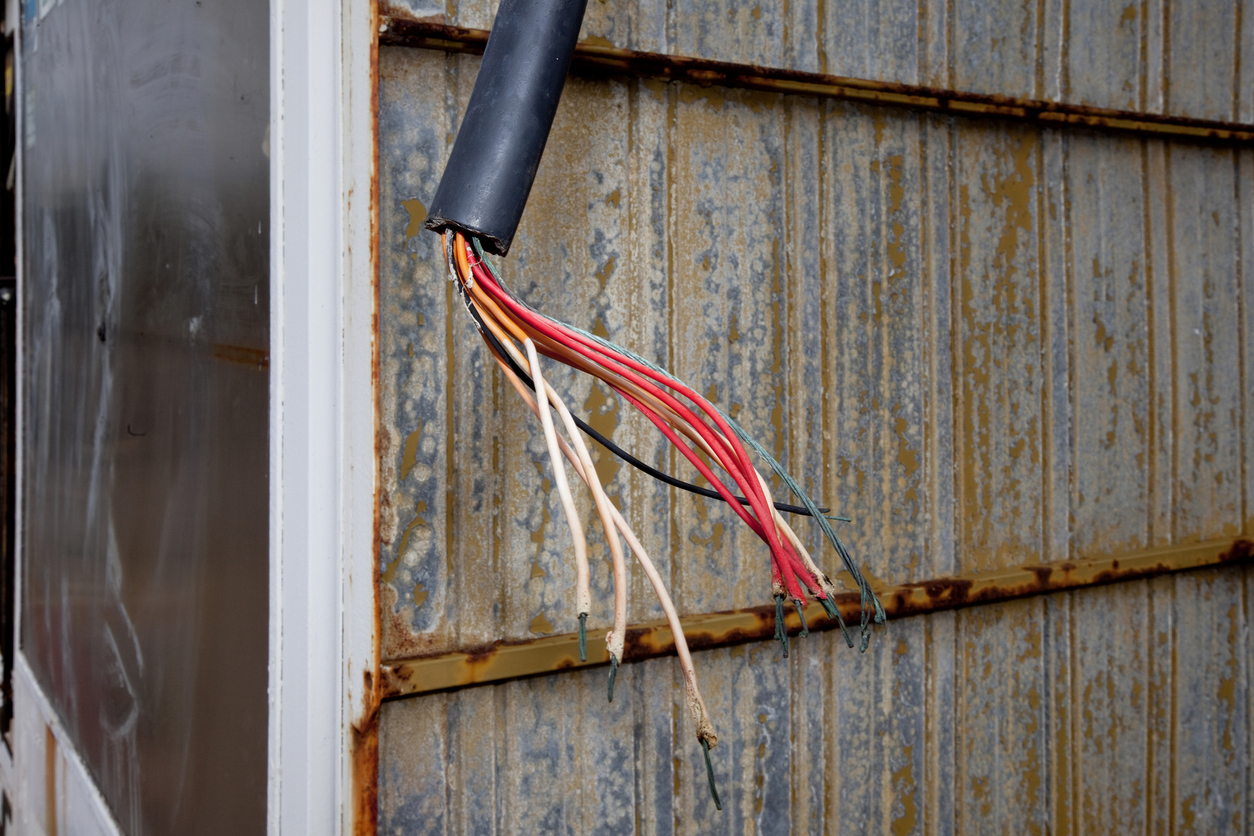Electrocution accidents are some of the most dangerous workplace incidents, often leading to severe injuries or even death. Construction, manufacturing, and utility work employees are particularly vulnerable, but these accidents can occur in various settings.
Georgia’s workplace injury laws provide avenues for holding negligent parties accountable, but it takes an experienced personal injury attorney to protect your rights and future.
Common Causes of Electrocution Accidents
Electrocution accidents typically occur due to the following hazards:
- Contact with live electrical wires
- Defective or poorly maintained equipment
- Unsafe working conditions, including wet environments or exposed wiring
- Lack of proper training or safety protocols
- Inadequate personal protective equipment (PPE)
When one or more of these factors lead to an accident, determining fault requires an in-depth look at who is responsible for maintaining safe working conditions.
Employer Liability: Workplace Safety Standards
In Georgia, workers’ compensation typically covers workplace injuries, including electrocution accidents. This means that even if the employer is at fault, employees are usually limited to filing a workers’ compensation claim rather than a lawsuit.
However, exceptions exist, such as when gross negligence or intentional misconduct is involved. Situations where employers may be at fault include:
- Failure to follow OSHA guidelines on electrical safety
- Inadequate training in the handling of electrical equipment
- Lack of proper PPE, such as insulated gloves or boots
- Unsafe work environment, such as working near exposed live wires
Third-Party Liability: Contractors and Subcontractors
In some cases, an electrocution accident may be caused by a third party, such as a contractor, subcontractor, or another company working on the same site. For example, if an independent contractor failed to follow safety protocols, they could be liable for the accident.
Examples of third-party liability include:
- A subcontractor fails to de-energize power lines before starting work.
- An equipment repair company does not correctly maintain electrical machinery, leading to an accident.
- An independent contractor leaves exposed wires without adequate warning signs or barriers.
In these situations, injured workers may be able to file a personal injury lawsuit against the third party. This is in addition to any workers’ compensation benefits they may receive. Lawsuits against third parties can allow employees to recover additional compensation, such as pain and suffering, which workers’ compensation typically does not cover.
Equipment Manufacturer Liability: Defective Products
Sometimes, faulty equipment is to blame for an electrocution accident. If the accident was caused by defective or dangerous electrical equipment, the manufacturer may be liable under Georgia’s product liability laws. This type of claim typically involves proving that the equipment was either defectively designed or manufactured or lacked proper warnings and instructions.
Examples of Product Liability in Electrocution Accidents:
- A tool or machinery has a wiring defect that leads to an electrical shock.
- Protective equipment, such as gloves or boots, fails to insulate the worker from electrical currents.
- A power tool malfunctions due to poor design, leading to direct contact with live electricity.
In cases involving defective products, injured workers may file a lawsuit against the manufacturer or distributor. This can provide compensation beyond what workers’ compensation offers, particularly if the defect caused significant injury or long-term disability.
What to Do After an Electrocution Accident
After an electrocution accident at work, take the following steps to protect your rights and ensure you receive proper compensation:
- Seek Medical Attention: Electrocution injuries can be severe, and some symptoms may not be immediately apparent. Always seek medical care after an accident.
- Report the Incident: Following workplace protocols, notify your employer of the accident as soon as possible.
- Document the Accident: Take pictures of the accident scene, gather witness statements, and keep records of your injuries and medical treatment.
- Contact an Attorney: Workplace injury cases can be complex, especially when multiple parties are involved. An experienced personal injury attorney can help you understand your rights and pursue the compensation you deserve.
If you’ve been injured in an electrocution accident, Gautreaux Law is here to help. Our experienced team can investigate the circumstances of your accident and hold the responsible parties accountable. Contact us today for a consultation to discuss your case in confidence.



